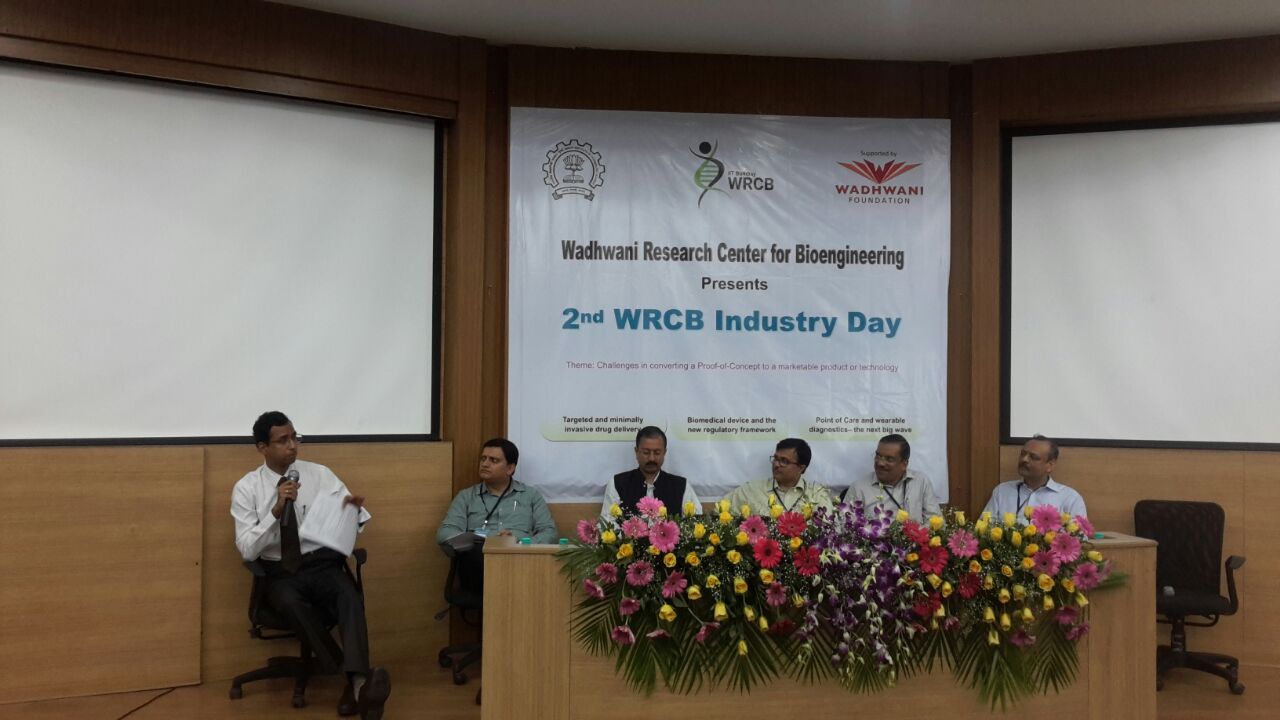
 A new sub-type of bowl cancer has been discovered that is resistant to some targeted treatment and that is believed to have a worse outcome than other types of colon cancer, say scientists.
A new sub-type of bowl cancer has been discovered that is resistant to some targeted treatment and that is believed to have a worse outcome than other types of colon cancer, say scientists.
This latest research was published in Nature Medicine journal yesterday and is the work of scientists from the Cancer Research UK Cambridge Institute and the Netherlands.

Scientists say more research is needed into this new harder-to-treat bowel cancer sub-type, as well as the development of new specific treatments to target it.

Scientists analysed tumours from 90 different patients diagnosed with stage II colon cancer and discovered they could group the samples into three distinct sub-types.

To confirm their findings, the scientists developed a panel of 146 genes that could distinguish these sub-types and then analysed a further 1,100 patients with the disease.

Although two of the sub-types were already known, in a quarter of the patients a new kind of cancer was detected that wasn’t previously considered a sub-type.
Dr. Louis Vermeulen, lead researcher on the study, said: “We identified a new sub-type of bowel cancer by studying how the genes in tumours behaved. This allowed us to develop a quick and easy test to identify this sub-type.”
“Studies like this one are essential for uncovering the basic building blocks of cancer, allowing us to adopt a more personalised approach to curing cancer and develop better treatments sooner.”
Patients with this new sub-type had more aggressive tumours that were resistant to Cetuximab, which is commonly used to treat the disease. These patients were also likely to fare worse than those with other types of bowl cancer.
The scientists’ research suggested that this type of bowl cancer develops in a different way to other types.
Dr Vermeulen said this new cancer sub-type is primed to spread from an early stage.
“We speculate these differences between the different sub-types may arise from the cell of origin for the tumour rather than any specific mutation.”
Cancer Research UK’s director of clinical research, Kate Law, said: “As April is bowel cancer awareness month, this kind of research reminds us of the importance of looking not just at specific mutations, but also how certain genes behave.”
“Studies like this one are essential for uncovering the basic building blocks of cancer, allowing us to adopt a more personalised approach to curing cancer and develop better treatments sooner,” she added.
Be a part of Elets Collaborative Initiatives. Join Us for Upcoming Events and explore business opportunities. Like us on Facebook , connect with us on LinkedIn and follow us on Twitter , Instagram.
"Exciting news! Elets technomedia is now on WhatsApp Channels Subscribe today by clicking the link and stay updated with the latest insights!" Click here!
















